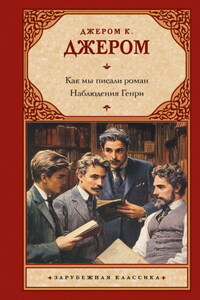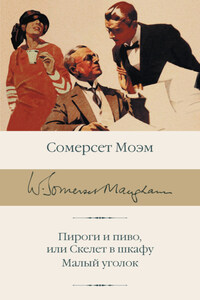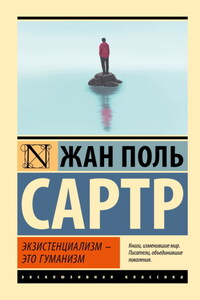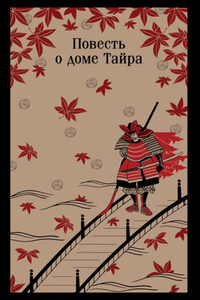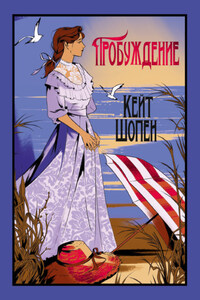Chapter One
The Brothers at Home
Twenty years ago, not twenty miles from the Land’s End, there lived a Cornish gentleman named Trevannion. Just twenty years ago he died, leaving to lament him a brace of noble boys, whose mother all three had mourned, with like profound sorrow, but a short while before.
“Squire” Trevannion, as he was called, died in his own house, where his ancestors for hundreds of years before him had dispensed hospitality. None of them, however, had entertained so profusely as he; or rather improvidently, it might be said, since in less than three months after his death the old family mansion, with the broad acres appertaining to it, passed into the hands of an alien, leaving his two sons, Ralph and Richard, landless, houseless, and almost powerless. One thousand pounds apiece was all that remained to them out of the wreck of the patrimonial estates. It was whispered that even this much was not in reality theirs, but had been given to them by the very respectable solicitor who had managed their father’s affairs, and had furthermore managed to succeed him in the ownership of a property worth a rental of three thousand a year.
Any one knowing the conditions under which the young Trevannions received their two thousand pounds must have believed it to be a gift, since it was handed over to them by the family solicitor with the private understanding that they were to use it in pushing their fortunes elsewhere, – anywhere except in Cornwall!
The land-pirate who had plucked them – for in reality had they been plucked – did not wish them to stay at home, divested, as they were, of their valuable plumage. He had appropriated their fine feathers, and cared not for the naked bodies of the birds.
There were those in Cornwall who suspected foul play in the lawyer’s dealings with the young Trevannions, among others, the victims themselves. But what could they, do? They were utterly ignorant of their late father’s affairs, – indeed, with any affairs that did not partake of the nature of “sports.” A solicitor “most respectable,” – a phrase that has become almost synonymous with rascality, – a regular church-goer, – accounts kept with scrupulous exactness, – a man of honest face, distinguished for probity of speech and integrity of heart, – what could the Trevannions do? What more than the Smiths and the Browns and the Joneses, who, notwithstanding their presumed greater skill in the ways of a wicked lawyer world, are duped every day in a similar manner. It is an old and oft-repeated story, – a tale too often told, and too often true, – that of the family lawyer and his confiding client, standing in the relationship of robber and robbed.
The two children of Squire Trevannion could do nothing to save or recover their paternal estate. Caught in the net of legal chicanery, they were forced to yield, as other squires’ children have had to do, and make the best, of a bad matter, – forced to depart from a home that had been held by Trevannions perhaps since the Phoenicians strayed thitherward in search of their shining tin.
It sore grieved them to separate from the scenes of their youth; but the secret understanding with the solicitor required that sacrifice. By staying at home a still greater might be called for, – subsistence in penury, and, worse than all, in a humiliating position; for, notwithstanding the open house long kept by their father, his friends had disappeared with his guests. Impelled by these thoughts, the brothers resolved to go forth into the wide world, and seek fortune wherever it seemed most likely they should find it.
They were at this period something more than mere children. Ralph had reached within twelve months of being twenty. Richard was his junior by a couple of years. Their book-education had been good; the practice of manly sports had imparted to both of them a physical strength that fitted them for toil, either of the mind or body. They were equal to a tough struggle, either in the intellectual or material world; and to this they determined to resign themselves.
For a time they debated between themselves where they should go, and what do. The army and navy came under their consideration. With such patronage as their father’s former friends could command, and might still exert in favour of their fallen fortunes, a commission in either army or navy was not above their ambition. But neither felt much inclined towards a naval or military life; the truth being, that a thought had taken shape in their minds leading them to a different determination.
Their deliberations ended by each of them proclaiming a resolve, – almost sealing it with a vow, – that they would enter into some more profitable, though perhaps less pretentious, employment than that of either soldiering or sailoring; that they would toil – with their hands, if need be – until they should accumulate a sufficient sum to return and recover the ancestral estate from the grasp of the avaricious usurper. They did not know how it was to be done; but, young, strong, and hopeful, they believed it might be done, – with time, patience, and industry to aid them in the execution.

